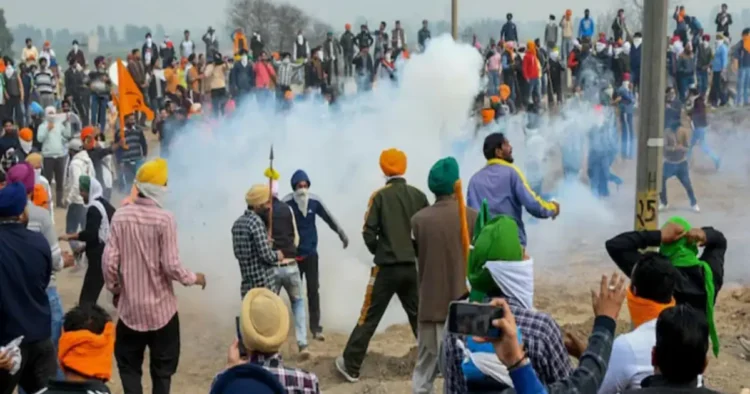In light of the ongoing trust issues between farmers and the government, the Supreme Court of India suggested the formation of an independent committee to mediate and find a solution to the farmers’ demands. The court emphasized the importance of having a neutral group that can build confidence among both parties.
A three-judge bench, led by Justice Surya Kant, highlighted the necessity of a “neutral umpire” who can bridge the trust gap between the farmers and the government. The bench included Justices Dipankar Datta and Ujjal Bhuyan. They pointed out that merely sending ministers to negotiate with the farmers was insufficient, as there remains a significant trust deficit. The bench questioned, “Why would they otherwise want to come to Delhi?” emphasizing the need for more effective outreach efforts.
The Supreme Court instructed the parties involved to consider the court’s suggestion and take appropriate steps within a week. In the meantime, the court ordered that the status quo be maintained at the protest site to avoid any escalation of tensions at the Shambhu border.
This proposal arose during the hearing of the Haryana government’s plea, which sought to challenge a high court order. The high court had previously directed the removal of barricades at the Shambhu border near Ambala, where farmers have been protesting since February 13.
The Supreme Court’s intervention aims to provide a peaceful resolution to the ongoing farmer protests, which have been marked by prolonged stand-offs and negotiations. The court’s recommendation for an independent committee comprising eminent persons is seen as a step towards finding a balanced and acceptable solution for both farmers and the government.

















Comments